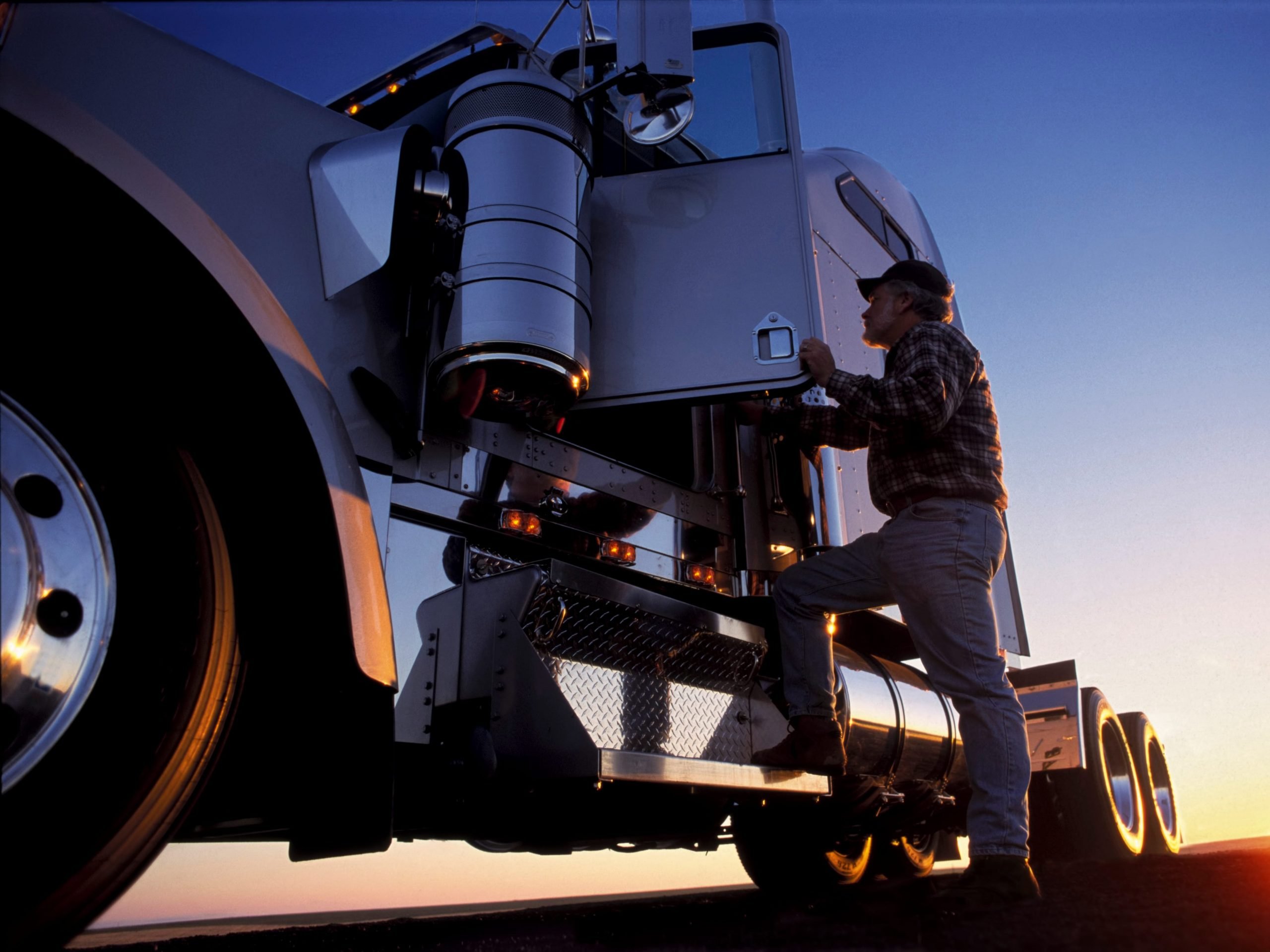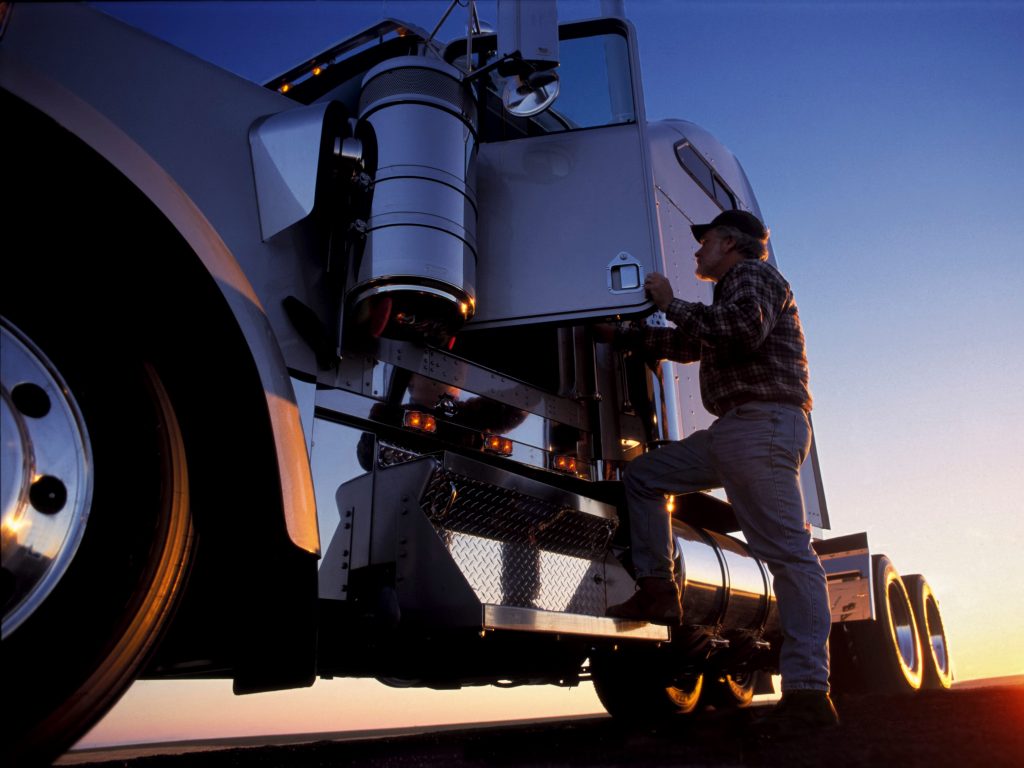
Mint Images/Getty Images
- A trucker explained why companies are reporting a truck driver shortage.
- Port driver Shauntai Robinson said it has become increasingly difficult to sustain a trucking career.
- In October, the American Trucking Association said the US needs 80,000 more truck drivers.
A trucker broke down the key issues that are causing the truck driver shortage – arguing that it's not a worker shortage, but a matter of unsustainable wages.
Shauntai Robinson, an owner operator out of the ports in South Carolina, said in a post on Medium that after 16 years in the industry, she is beginning to question the viability of a career as a truck driver.
"There are thousands of valid class A CDL holders, across the United States, who have elected to not drive a truck anymore," Robinson wrote. "These people have not relinquished their credentials. Instead, these valuable people have been forced to seek alternative forms of employment in order to be able to provide for their families."
For Robinson, truck driving began as an opportunity to quickly learn a set skill that could support her family, but has gradually become a liability. As a local port driver, she was able to deliver loads on a set schedule and return home every night to be with her child. But, as a company driver and a single parent, it wasn't always enough to pay the bills.
"If I needed to take a day off because one of my children were ill, or had an appointment, it would take me two to three months to financially recover. I found myself in this predicament several times," Robinson wrote. "At the time, by making $16 per hour, I had maxed out my earning potential as a company driver."
Robinson explained that there are four types of local harbor drivers, which are categorized into two groups: company drivers that are paid per hour and independent contractors, also known as "owner operators," that are paid per load. The title "owner operator" can be deceiving. Robinson explains that the majority of owner operators work for a single carrier, either leasing their truck through the company or independently from a dealership.
These contracts often leave drivers with low profit margins. Drivers who lease their vehicles from the carriers can see much of their earnings recouped by the company, as drivers are typically responsible for 90% of expenses, including fuel and maintenance. Similarly, truckers who lease from a dealership are contracted to carriers for a set percentage of each load, typically 74%, Robinson wrote. But, these drivers often never get to see the overall freight bill, she said.
Some owner operators, like Robinson, can be lucky enough to establish their own companies, earning the right to pick and choose which loads to haul, but even that is not always enough. Robinson formed her own company, Mid-Carolina Transportation, in 2018, but says if the trucking industry continues on its current trajectory she might be forced to consider other careers.
Insider previously reported that the supply-chain crisis has created a major headache for truck drivers like Robinson who work at the ports. Four truck drivers who worked at the nation's largest ports told Insider they've waited for up to eight hours without pay in order to pick up loads.
"There's no glitz and glam, and hardly enough money to maintain a business and a household," Robinson wrote. "If the trucking industry continues its present trajectory, it will be unable to sustain itself. It will implode under all the weight that the people on the bottom of the totem are bearing. It honestly seems as though that process has already begun. Like many before me, and even more on this journey with me, we must now decide whether to stay aboard, or to abandon ship as it quickly takes on water."
Read Robinson's full story here.

